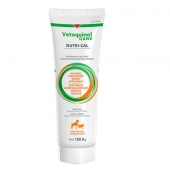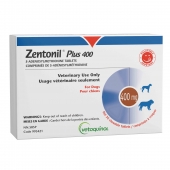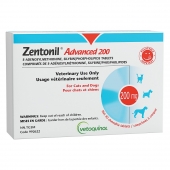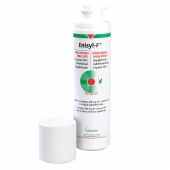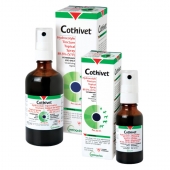Like humans, cats and dogs can be allergic to many things: grass, dust and pollen, insects, plants and many kinds of food. Pets may also be allergic to other animals… or even to humans! How is this possible?
Understanding pet-to-pet allergic reactions
The process for most allergic reactions remains the same, no matter the cause. The immune system perceives a harmless substance as a threat and reacts aggressively to fight it off. Allergy symptoms are a side effect of the defence mechanisms triggered inside the body.
While some people mistakenly believe pet hair is responsible for allergic reactions, the trigger is actually a protein found in saliva, urine and dander. Cats may be overly sensitive to such protein in dogs. Dogs may react poorly to a cat’s presence. Although uncommon, it’s also possible for both cats and dogs to be allergic to humans.
Symptoms your dog may be allergic to cats (or your cat may be allergic to dogs)
The most common allergy symptom is itchiness, or pruritus. Allergens are absorbed through the skin and trigger the release of histamine, which causes redness and an itching sensation. Your pet may then attempt to alleviate their discomfort by licking, biting or scratching the area, rubbing against furniture or scooting across the carpet. Without treatment, excessive scratching may cause skin issues such as minor lesions (which may, in turn, become infected) or bald patches of fur.
Some cats and dogs may also develop sneezing or coughing and a runny nose or watery eyes, though these seem less common for pets than for humans.
What can you do if your pets are allergic to each other?
Allergy symptoms can be managed by using a specially formulated shampoo, which removes the allergen build-up from your pet’s fur as you bathe them. Similarly, wash all your pets’ bedding and blankets to minimize exposure. Contact your veterinary clinic to discuss long-term treatment options, such as antihistamines, steroids or specialized medication. You may also consult with a veterinary dermatologist to learn more about immunotherapy, which could help desensitize your pet’s immune system to the triggering substances over several months.

